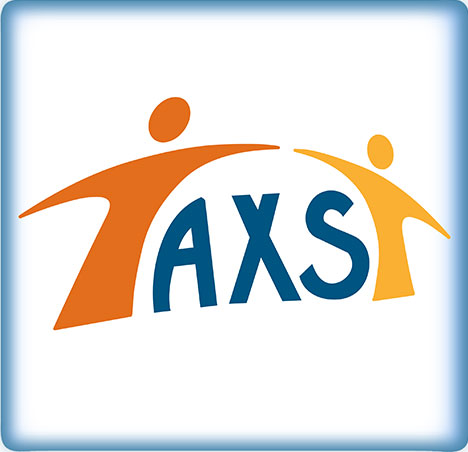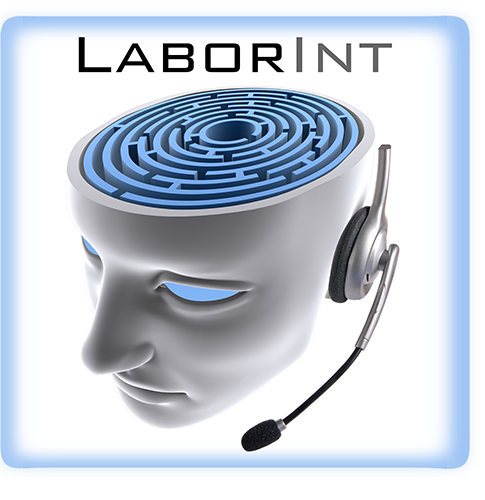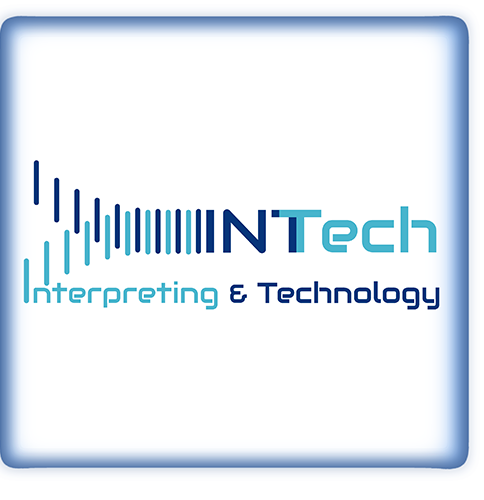Research
Interpreting research
The Interpreting Department has leading expertise in three discrete research areas: research into the cognitive process related to interpreting, research into the nexus between interpreting and technology and research into new forms of interpreting settings. The professors in the Department coordinate all research projects in these research areas according to their own field of expertise. Those interested in joining the team as visiting scholars should contact the coordinator of the respective research area and submit a 1000-word proposal (excluding references) of the project they would like to carry out at the Interpreting Department. Excellence scholarships are available through the Swiss Confederation.
AXS

Conflict between parties with different cultural and linguistic backgrounds is ubiquitous in human history and has always involved interpreters in the role of intercultural and linguistic mediators. Although interpreting became highly professionalised in the second half of the twentieth century, language brokering in armed conflicts is still an unregulated occupation mainly pursued by untrained interpreters. The last decade has witnessed an increasing interest among scholars, interpreters and professional associations in the role of interpreters in conflict zones and scenarios. This interest is fuelled by different factors including increased visibility and more frequent reporting of interpreters working in conflict-related scenarios along with an objective increase in the need for linguistic mediation in conflict zones, ordinarily provided by non-professional interpreters and translators (NPIT). Against this background, AXS (‘access’) generates evidence-based data with the objective to inform training programs for interpreters working at different stages along the evolution of conflicts.
Coordinator:
Lucía Ruiz Rosendo
Team members:
Alma Barghout, Doctoral student
Chirine Haidar, Doctoral student
Conor H. Martin, Assistant and doctoral student
Maura Radicioni, Doctoral student
Dr. Rhona Amos, concept & content developer
Claire Bessant, concept & content developer
Dr. Manuela Motta, Concept & content developer
Projects:
INTERFOR – Interpreting in the Armed Forces
This project is aimed at analysing different contexts in which (military, national and local) interpreters work with national armed forces and international coalition forces.
INTERHR – Interpreting in Human Rights Missions
The aim of this project is to undertake a systematic investigation of the role of interpreters deployed to the field in the context of the human rights missions of the United Nations.
INTERHUM - Interpreting for Development and Humanitarian Organizations
The object of this project is to map existing types of language mediation so as to better understand the challenges interpreters face in different humanitarian and development encounters. These are traditionally characterized by stark power asymmetries among actors and therefore impact ad-hoc interpreters and their work.
FIELD - Basic consecutive interpreting skills for field interpreters
As part of this training project, we develop and deploy basic consecutive interpreting skill training for field interpreters, notably for field interpreters working for the International Committee of the Red Cross (ICRC).
LaborInt

Interpreting is a complex processing task involving the real-time comprehension and production of multiple languages. Our research into the cognitive aspects of interpreting seeks to explore the cognitive architecture and processes that underlie consecutive and simultaneous interpreting.
By its very nature, our research is interdisciplinary and draws on findings from linguistics, psycholinguistics, cognitive psychology and cognitive neuroscience. Our close collaboration with internationally renowned specialists from different fields bears witness to the interdisciplinary character of our work. In our experimental laboratory we compare interpreting to other cognitive processes in the multilingual mind, we explore the potential changes the acquisition and practice of interpreting might have on it, and we analyze what skills acquired through interpreting transfer to other cognitive tasks. In an attempt to reduce invasiveness and allow for the highest possible ecological validity, we principally work with a series of robust eye-tracking, skin-conductance and reaction time measures.
Coordinator: Kilian G. Seeber
InTTech

InTTech was born out of the need to address the pervasive role Information and Communication Technologies play in modern professional interpreting. Cloud computing, the tablet revolution and the seemingly unrestricted access to information not only shape the interpreter’s workplace but also the way in which interpreters are trained. Firmly rooted in an evidence-based approach, InTTech’s mission is one of applying, if need be re-purposing, or developing new technologies in order to assist interpreters during training and on the job.
Coordinator:
Kilian G. Seeber
![]()
Volunteering
Volunteers are an important part of the research process, as without volunteers many studies would not be possible. Particularly when attempting to study phenomena in very small populations, such as highly proficient bilinguals, the contribution of volunteers is invaluable.
Volunteering for a research project is your own personal choice – you have no obligation to do so and you might decide that participation is not the right choice for you. Importantly, even if you decide to abort and leave a study, you may do so at any time and for any reason.
All studies carried out at FTI involving the participation of human subjects must abide by the University of Geneva’s code of ethics and professional conduct and require approval from the University Commission for Ethical Research in Geneva (CUREG).
Eligibility requirements vary for each study. There is no guarantee that every individual who wants to participate in a trial qualifies, or that every individual who qualifies can be enrolled. If you have questions about eligibility and possible participation, simply contact us (contact information provided next to each study listing).
Before deciding to participate in a study, you will be asked to review an informational document called an informed consent form. This form will provide key facts about the study so that you can decide if participating is right for you. You must sign the informed consent form in order to participate in the study, however, you may still choose to leave the study at any time.
Research potentially involves some level of risk or discomfort for participants. To help you make an informed decision, the study team is required to tell you about all known risks and discomfort prior to the study.
If you have questions when deciding to join a research study or at any time during it, ask a member of the study team. If your questions or concerns are not satisfactorily addressed, contact the study's principal investigator. All contact details are provided next to the study listing.
